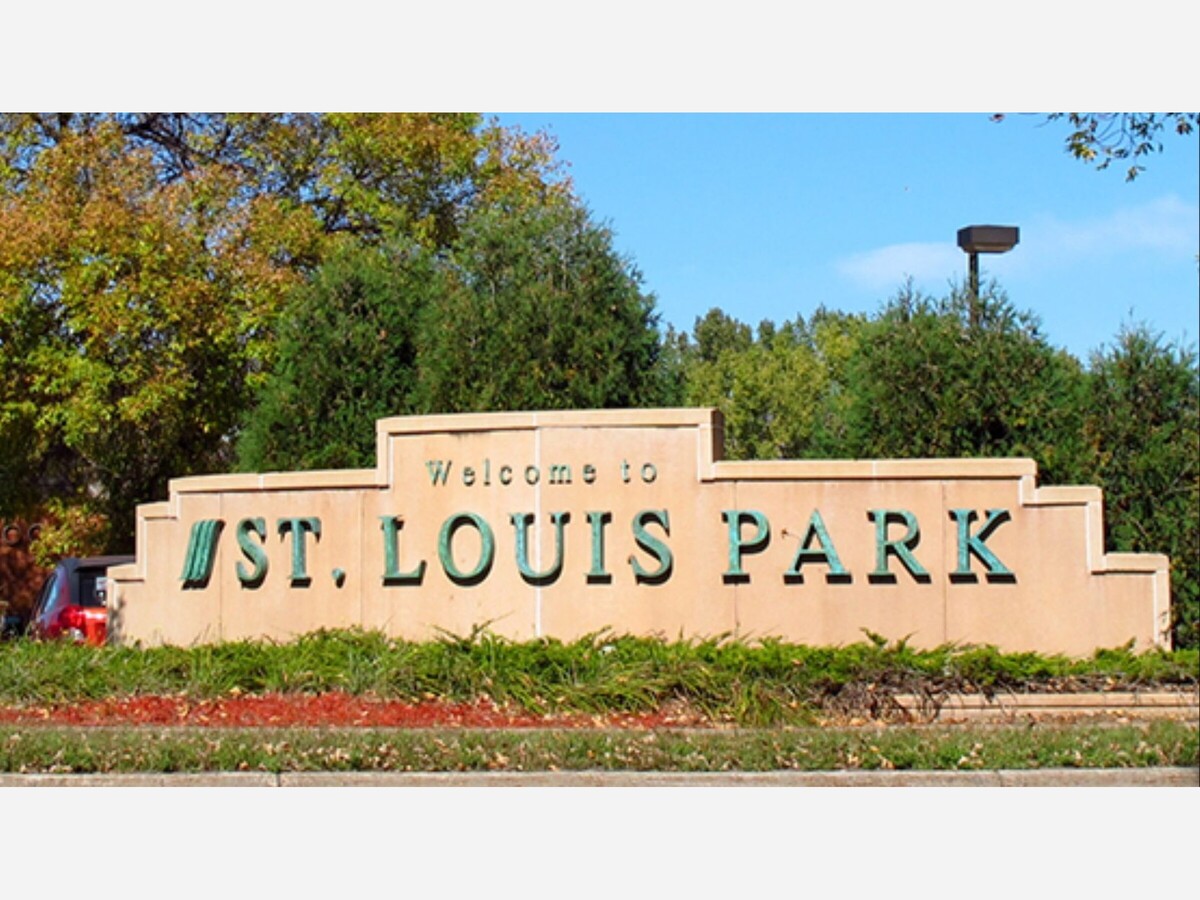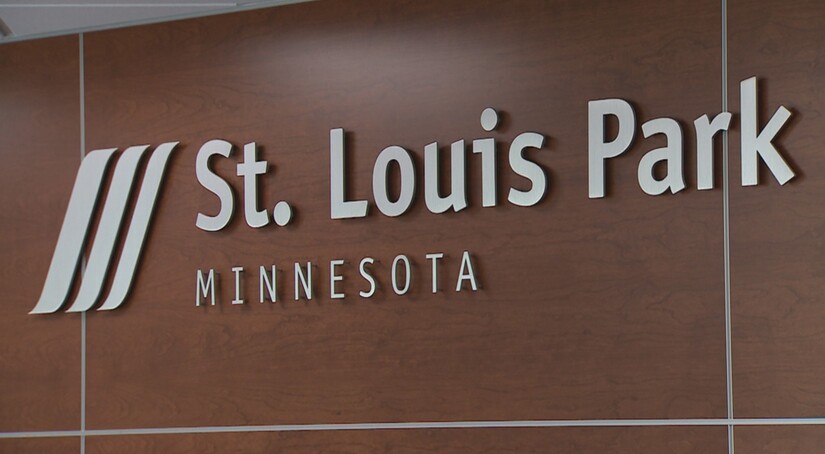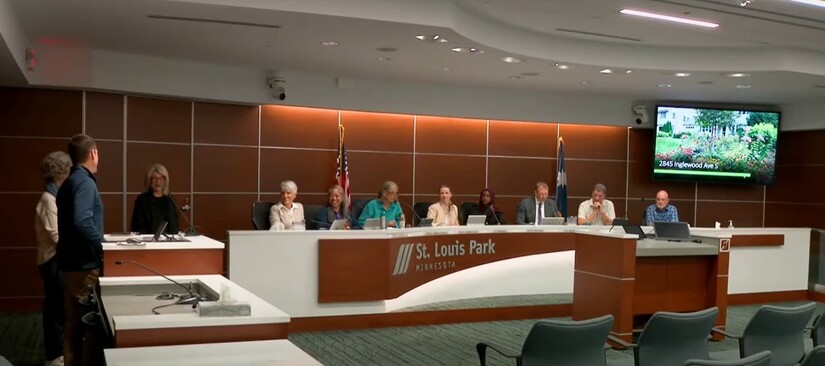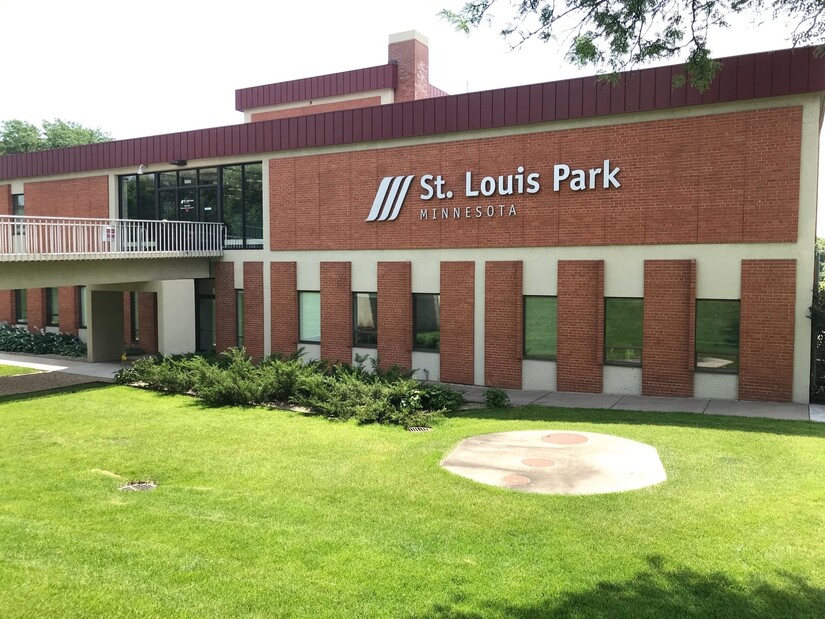Image


ST. LOUIS PARK, MN — The St. Louis Park City Council is considering a proposal to substantially raise its own pay, sparking discussion about representation, accessibility, and fiscal prudence within city government.

The proposed increases—affecting both the mayor and council members—would mark the first significant pay adjustment beyond standard biennial raises in nearly a decade. Supporters argue the measure is necessary to make public service more accessible to residents of diverse socioeconomic backgrounds, while critics caution against the timing amid broader budget pressures.

As it stands, the mayor earns $20,842 annually, while council members receive $14,413. Under the city’s current compensation policy—adopted in 2015—elected officials automatically receive a 6% salary adjustment every two years, aligning with non-union employee raises. If left unchanged, this automatic increase will take effect for the 2026–2027 term.
However, during a July 2025 study session, several council members proposed going beyond the standard adjustment. Ideas floated included a 15% raise or an increase of $300 to $500 per month for council members. One estimate suggested that if the mayor’s salary reached approximately $26,800, St. Louis Park would have one of the highest mayoral salaries among comparable Minnesota cities.
City staff estimated that implementing a $4,000 annual raise for all elected officials would cost roughly $25,000—a relatively small fraction of the city’s $54 million annual budget. If approved, the new salaries would not take effect until after the next municipal election, in accordance with the city charter.

Proponents of the increase say it is not simply about higher pay, but about removing barriers to participation in local government. Council Member Nadia Rog, who introduced the discussion, said the intent is to create a more inclusive environment for residents who may otherwise be unable to afford the time commitment.
“The current structure is designed for a specific class of person,” Council Member Tim Brausen said during deliberations. “It’s never good optics when we do it because it seems self-serving—but at the same time, it’s the right thing to do.”
Advocates argue that higher pay could make it easier for working parents, renters, and residents from underrepresented communities to serve, helping cover costs such as childcare, transportation, and even potential security measures associated with public roles.
Despite those arguments, some council members remain skeptical about approving the increase now. Council Member Sue Budd has voiced concern that St. Louis Park’s current pay levels are already high compared to similar-sized cities, even before the standard 6% adjustment.
Another member expressed unease about the timing, citing the city’s preliminary 7.52% property tax levy increase for the 2025 budget. That increase would raise the average homeowner’s city property taxes by about $9 per month, based on a median-valued home. With commercial property reassessments expected to further impact taxes, critics say approving a council pay raise this year could send the wrong message to residents.
Budd has indicated she may support an increase at a later time but intends to oppose the current amendment.
The council voted 5–1 in favor of the first reading of the ordinance to raise pay, with one member absent. Further readings, public hearings, and a final vote are expected later this year.
If approved, the new salaries would begin in 2026, following the next city election. In the meantime, the debate is expected to continue as the council balances calls for equity and representation with concerns about fiscal responsibility and public perception.